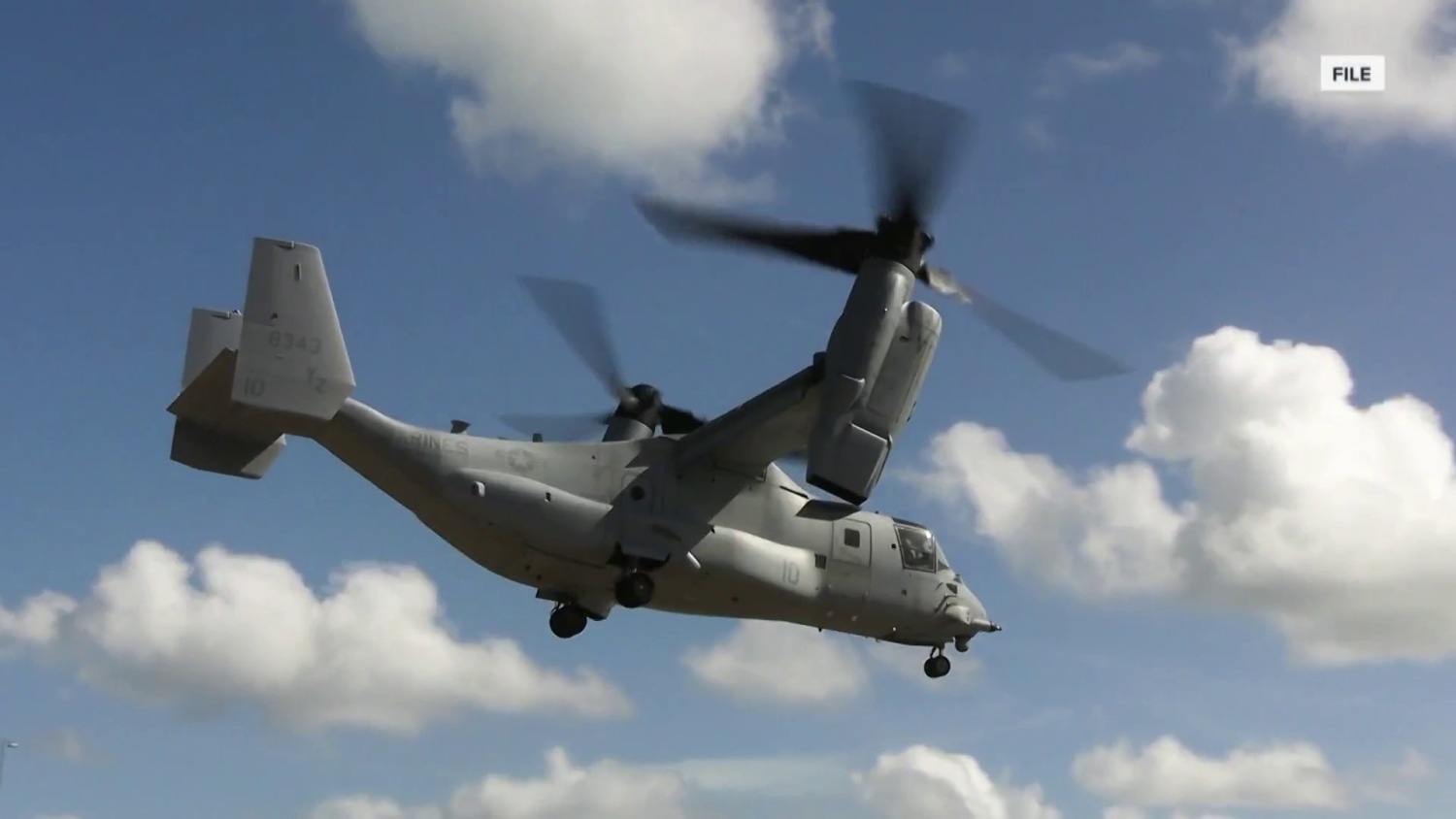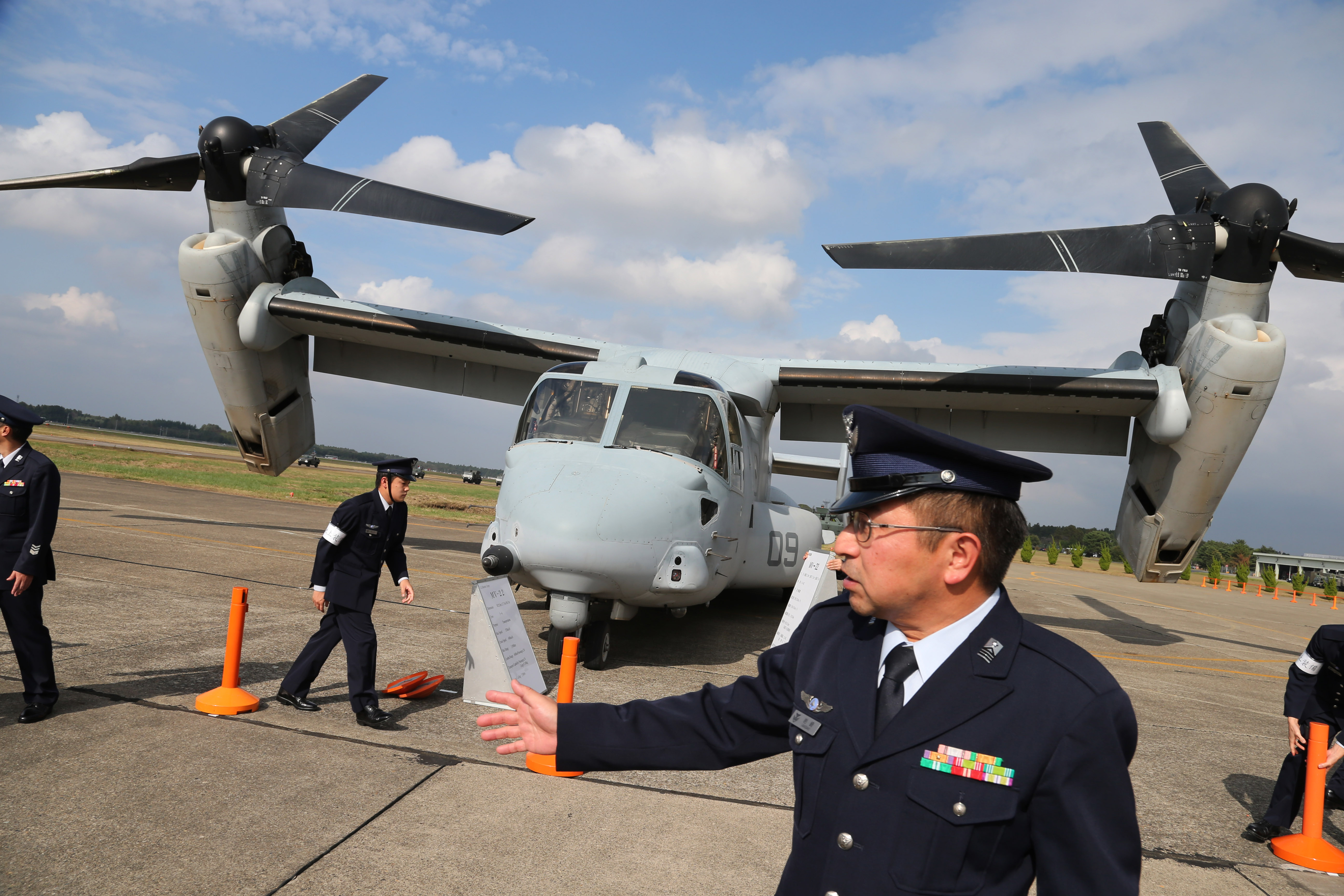The Pentagon confirmed on Thursday that U.S. Ospreys are still in operation in Japan, sparking heightened concerns from Japanese officials following a fatal crash in southwestern Japan earlier this week. Japan’s Chief Cabinet Secretary, Hirokazu Matsuno, expressed worry on Friday, emphasizing that the U.S. military has yet to provide sufficient information about the incident despite repeated requests.
Continued Operations Amidst Tragedy
The fatal crash occurred during a training mission, resulting in the death of one crew member, while seven others remain missing along with the aircraft. The cause of the incident is currently under investigation. Despite the ongoing search efforts, the Pentagon has maintained that Osprey operations in Japan are continuing. Deputy Press Secretary Sabrina Singh stated that there has been no official request from Japan to ground the Ospreys.

Japan’s Growing Concerns
Chief Cabinet Secretary Matsuno voiced Japan’s increasing apprehension about the continuous flights of Ospreys, citing the absence of a satisfactory explanation from the U.S. military. The Osprey, a hybrid aircraft capable of vertical takeoff and landing like a helicopter, has raised safety concerns due to its history of crashes, including incidents in Japan.
Japanese officials have formally requested the U.S. military to cease Osprey flights in Japan, with the exception of those directly involved in the search operations for the missing crew members. Defense Minister Minoru Kihara, after meeting with U.S. Forces Japan Commander Lt. Gen. Ricky Rupp, reiterated the request that flights should only resume once the safety of the aircraft is confirmed.
Diplomatic Requests and Local Outcry
Japanese Foreign Minister Yoko Kamikawa met with U.S. Ambassador to Japan Rahm Emanuel on Thursday, urging the United States to promptly provide information on the incident. Meanwhile, in Okinawa, where a significant portion of American troops in Japan is stationed, Governor Denny Tamaki called on Japan’s defense and foreign ministries to request the suspension of all Osprey flights in the country, expressing serious doubts about their safety even in search and rescue operations.

The U.S. Air Force Special Operations Command identified the crashed CV-22B Osprey as one of six deployed at Yokota Air Base. The aircraft, assigned to the 353rd Special Operations Wing, had departed from the U.S. Marine Corps Air Station Iwakuni in Yamaguchi prefecture and was en route to Kadena Air Base on Okinawa when the incident occurred.
As the investigation into the crash unfolds, Japan’s call for transparency and a temporary halt to Osprey flights underscores the delicate balance between military operations and safety concerns in the region.